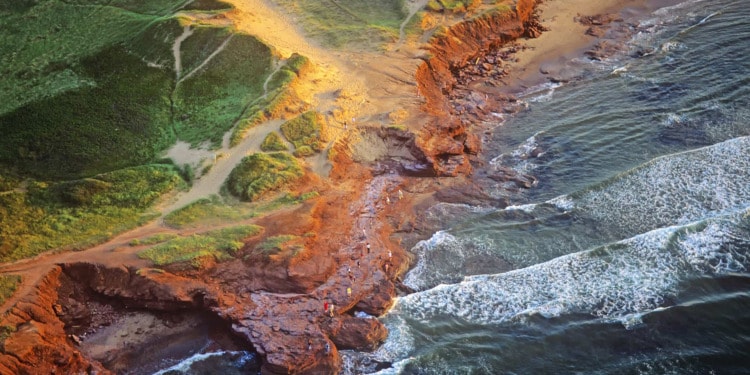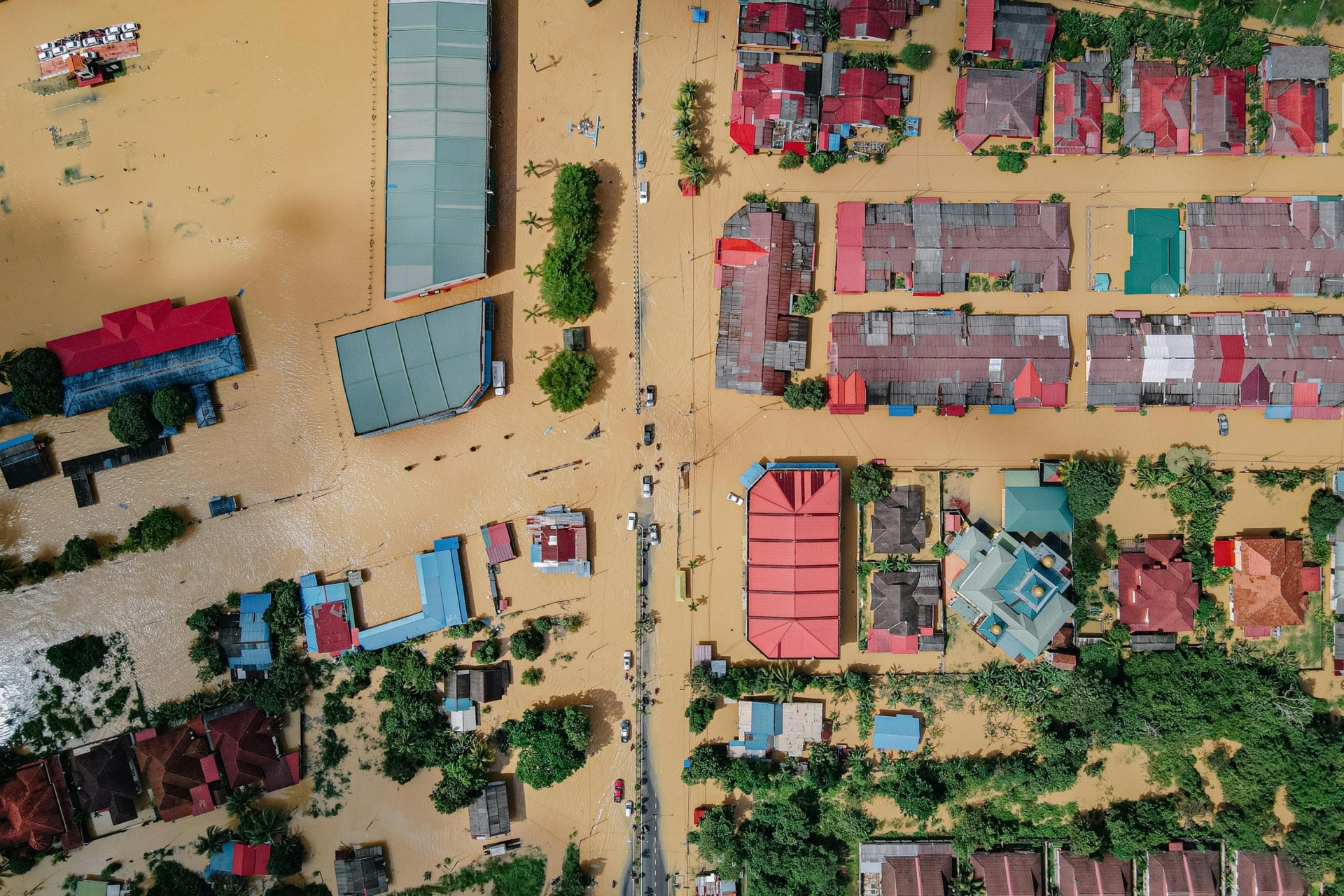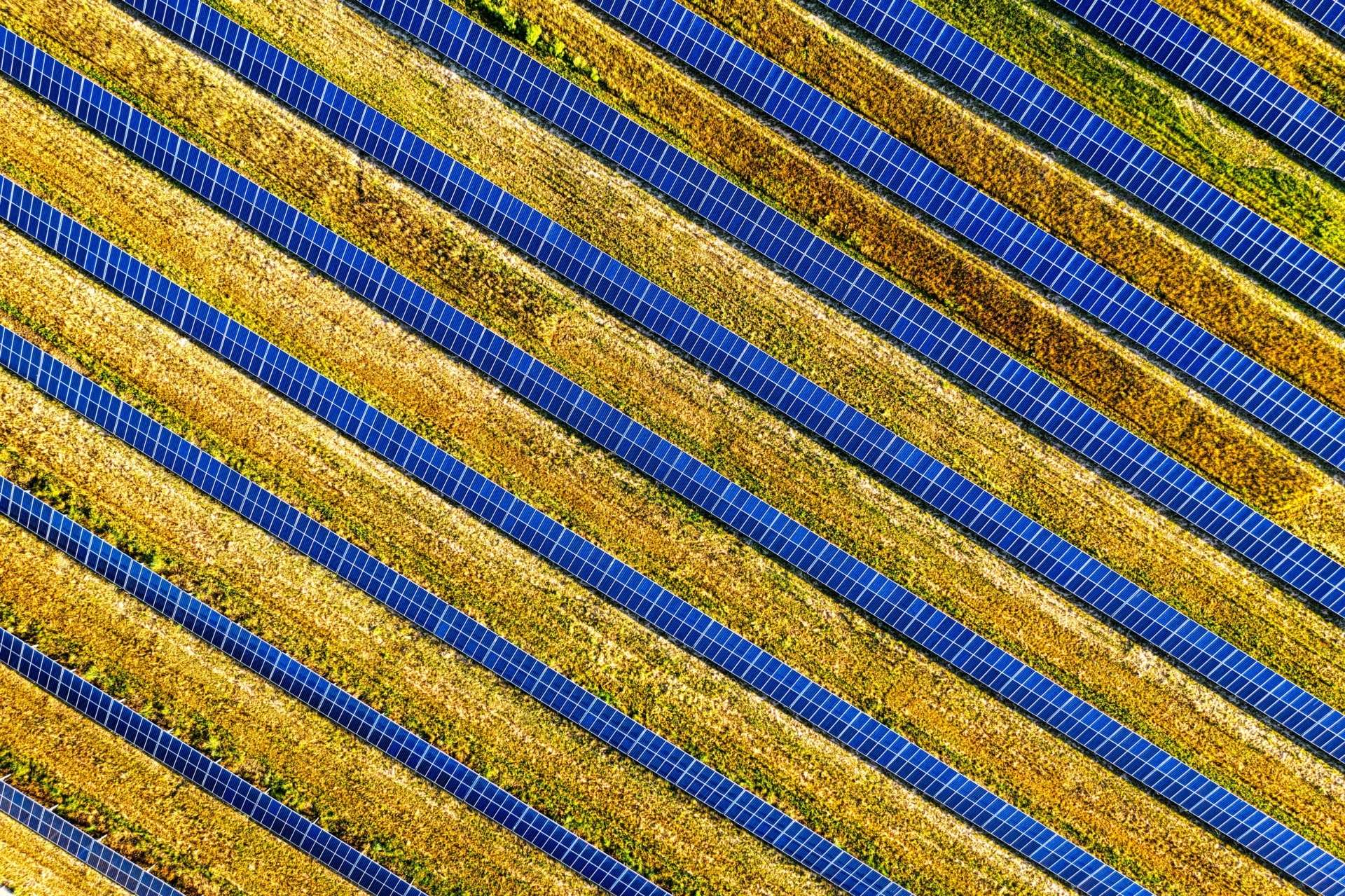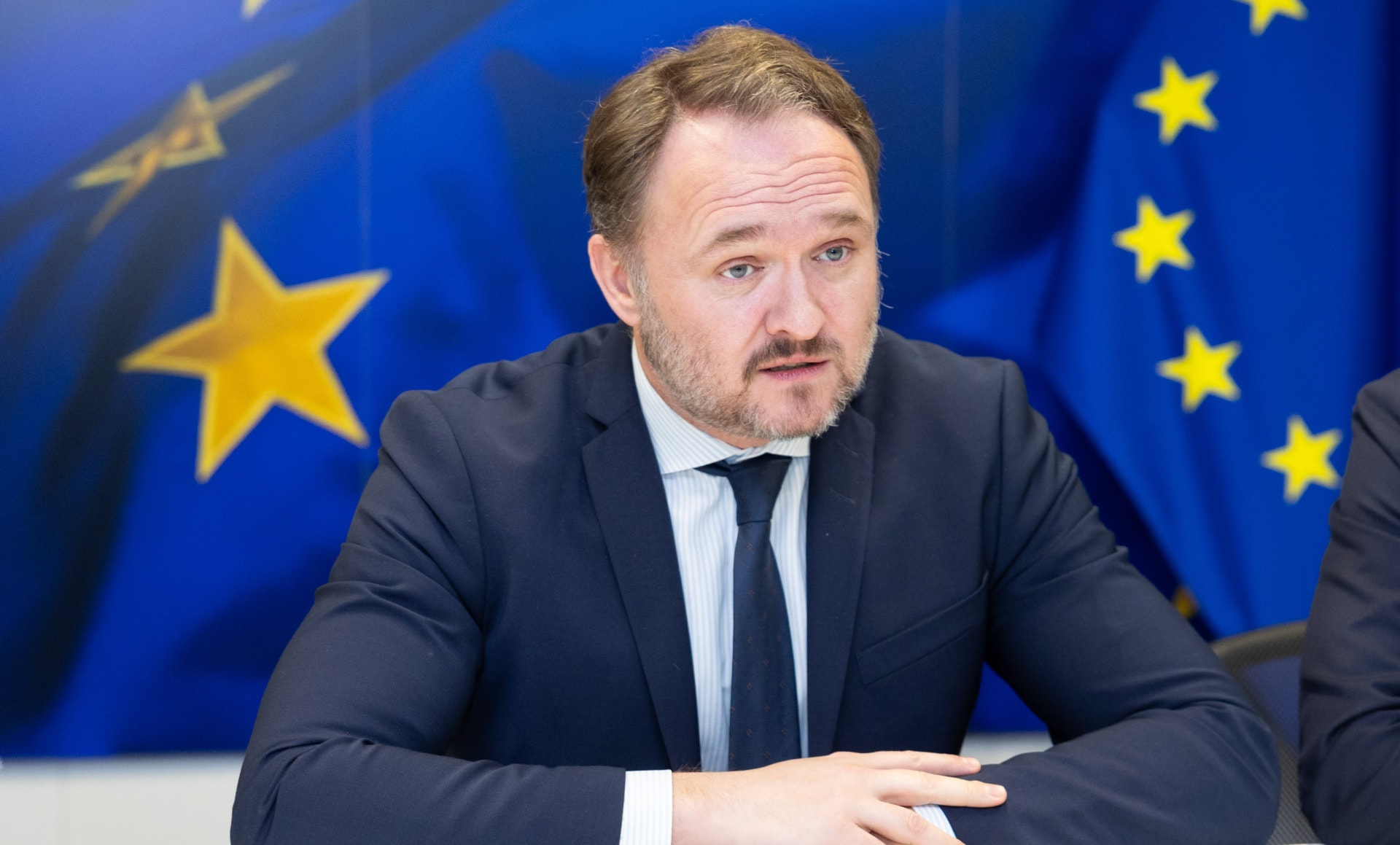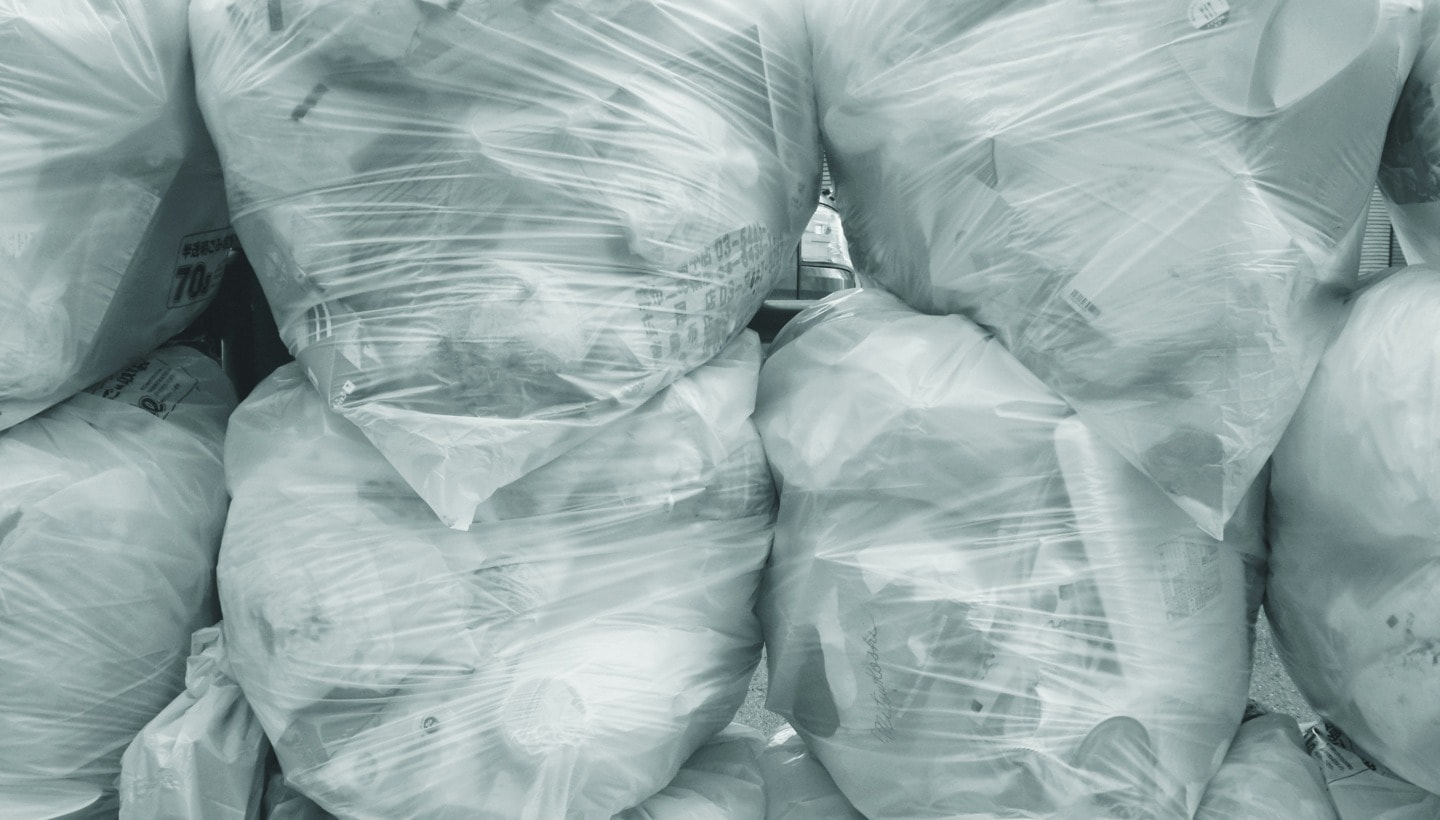Many of us were introduced to the magical landscape of Prince Edward Island through the classic, much-loved children’s book Anne of Green Gables. L.M. Montgomery’s uplifting story of how a plucky and courageous orphan, Anne, enriches the lives of her community and adopted family has been a favorite for generations of readers who revel in the verdant descriptions of the landscape. Indeed, Prince Edward Island is a place that offers enchanting vistas, no matter the season, and stunning scenery that beguiles locals and visitors alike.

However, Prince Edward Island, like islands worldwide, faces existential threats from rising sea levels, extreme weather events, and ecosystem degradation exacerbated by global warming. As one of Canada’s smallest provinces, Prince Edward Island highlights some of the vulnerabilities faced by island communities — but also the solutions that can be implemented.
Future-Proofing the Community
Situated on the Gulf of St Lawrence and near the Atlantic coast, Prince Edward Island is renowned for its fishing and tourism industries — two key economic sectors that islanders are actively seeks to future-proof. Looking at long-term planning, the government of Prince Edward Island decided that the best opportunity to safeguard the island’s future was to implement an ambitious net-zero policy.
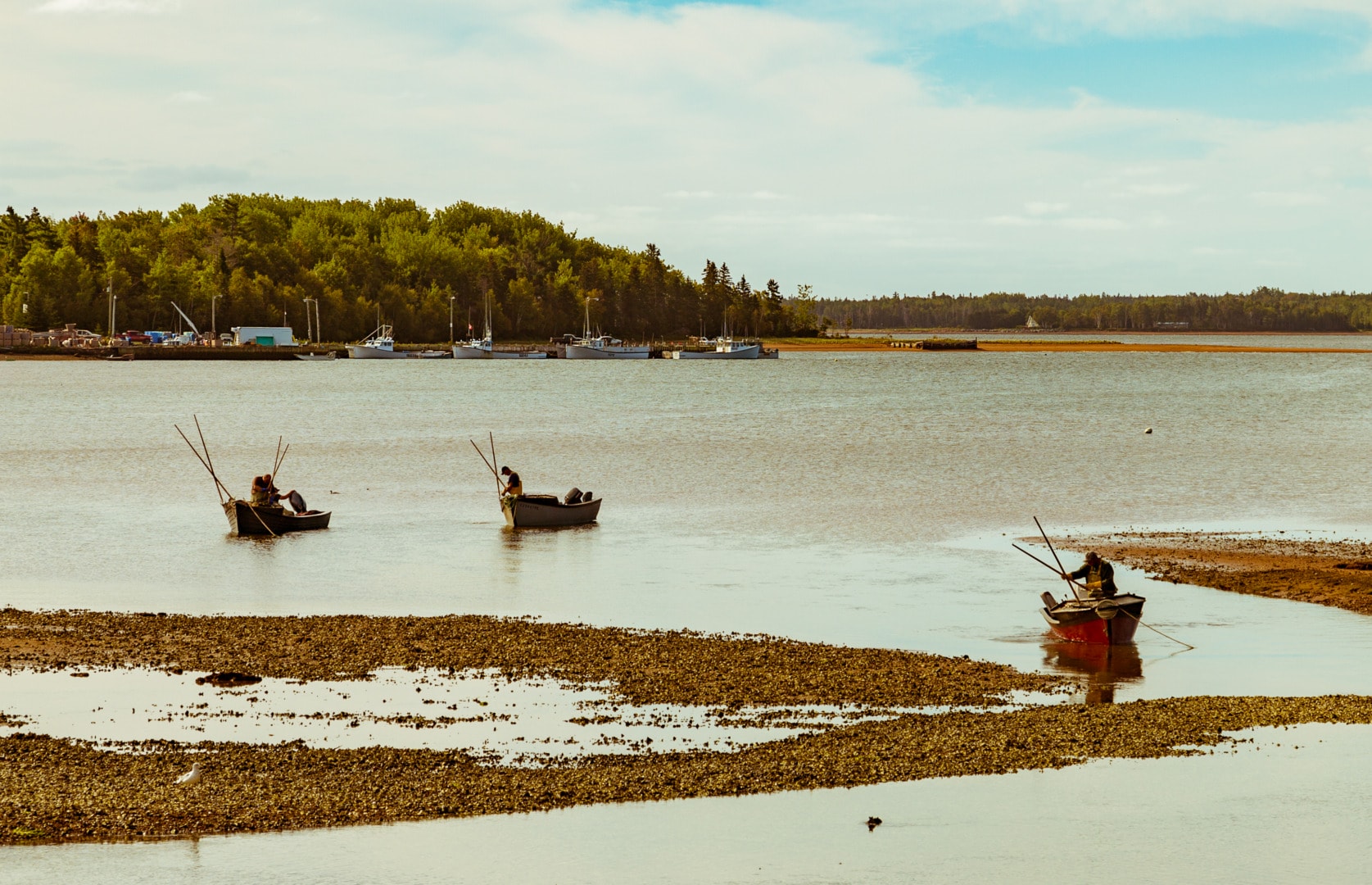
Net-zero entails a balance between carbon emissions and removal, something that can be achieved using renewable energy, low-carbon technologies, improving infrastructure, and increasing environmental standards for a range of industries. The core shift that a net-zero plan entails is moving away from highly polluting fossil fuels and towards renewable energy sources. These initiatives can have a drastic effect on reducing carbon emissions while building resilience of local communities and mitigating the effects of climate change in the long run, therefore protecting our environment and the societies and economies that depend on it.
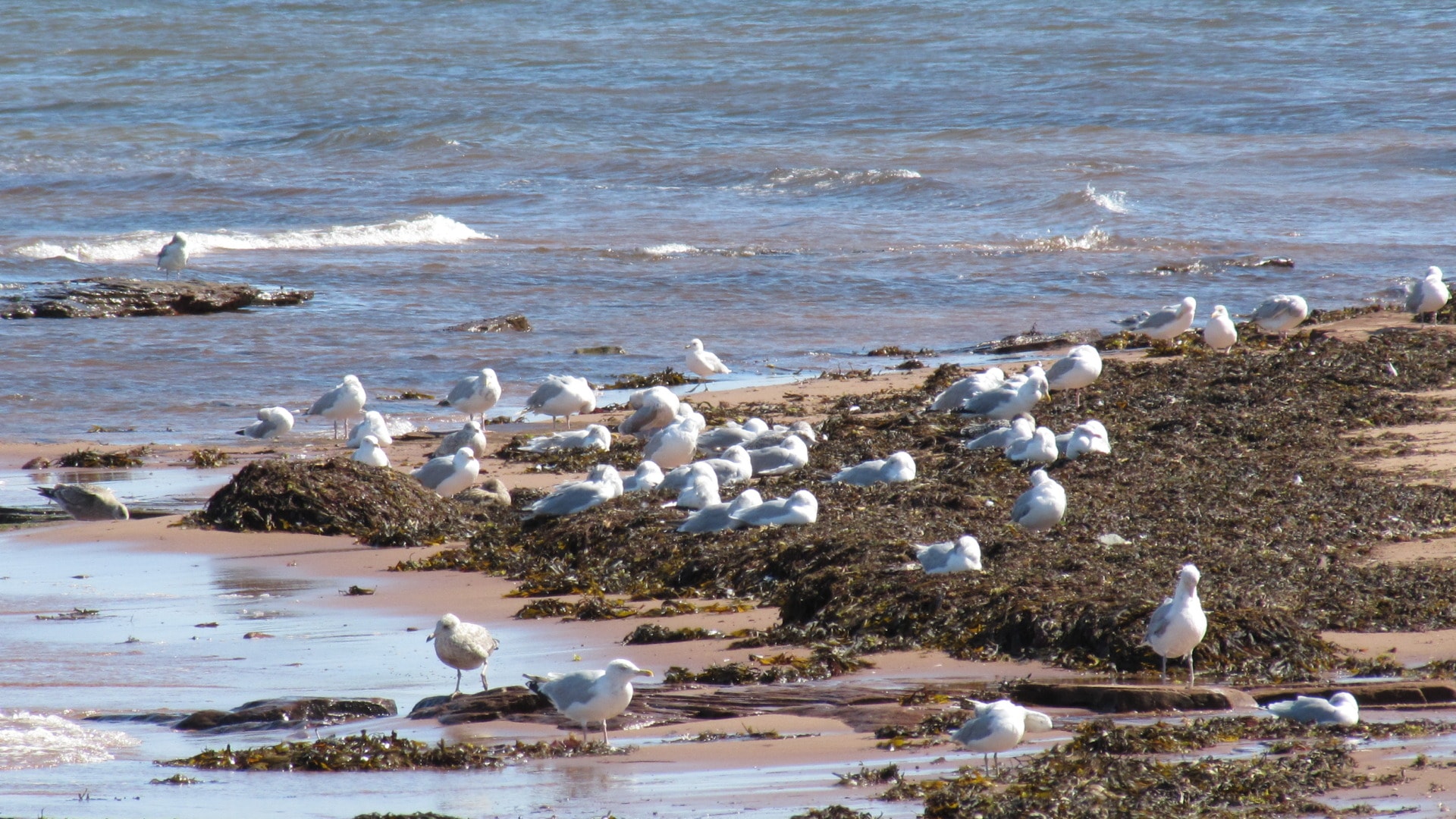
Globally, a majority of countries are shifting towards net-zero in the coming decades. Canada itself aims to reach that point at the Federal level by 2050, but Prince Edward Island has set a more ambitious goal to achieve net-zero by 2040.
Building Resilience
Currently, Prince Edward Island is considered to be a world leader in the use of renewable energy, specifically, the development of wind energy and its accompanying technology. The island is home to the Wind Energy Institute of Canada, a not-for-profit entity formed in 1981 that advances the development of wind energy across the country through research, testing, innovation and collaboration. This focus on renewable energy was born before its commitment to net-zero emissions, and out of necessity as Prince Edward Island does not have any sources of oil, natural gas, or fuel that can be used to generate electricity.
This is a problem that is shared by many island jurisdictions, especially those in the Global South, where many consumers face alarmingly high energy rates because of the importation of fossil fuels.
For example, the Caribbean island of Barbados imports over 90% of the fossil fuel used for energy. As the International Renewable Energy Agency (IRENA) points out, this leads to severe price volatility and import dependencies, along with contributing to climate damage. It is crucial for island territories to explore renewable energy sources, as the heavy dependence on imported oil products for all energy needs, including electricity, transportation, and cooking has resulted in some of the highest electricity costs in the world.
Related Articles: Island Innovation Joins Forces With Clean Energy for EU Islands to Power a Sustainable Future | The Virtual Island Summit: Connecting Islands to Build Sustainable Communities | How Did This Island Become a Leader in Renewable Energy? | The Lesson from Easter Island
This fact, when coupled with significant supply chain challenges, make it an urgent priority for small island nations to explore renewable energy technology. As such, Prince Edward Island’s net-zero plan represents a holistic approach to climate action, integrating mitigation and sustainability principles into its policy framework. Prince Edward Island is providing a blueprint to help island communities around the world identify opportunities for renewable energy and sustainable development.
“We have big goals to reach net-zero emissions in our province by 2040 and to be a leading force in renewable energy and cleantech worldwide,” explains Prince Edward Island’s Environment, Energy and Climate Action Minister Steven Myers, “Anyone who lives on an island knows we face unique challenges due to our changing climates. I believe the more we share ideas and collaborate, the easier it will be to find groundbreaking solutions to deal with coastal hazards and reduce carbon emissions.”
Prince Edward Island: Leading by Example
Through targeted initiatives such as energy efficiency programs, carbon pricing mechanisms, and green infrastructure investments, Prince Edward Island aims to align economic development with environmental stewardship. By leveraging partnerships with academia, industry, and civil society, the province endeavors to accelerate the transition to a low-carbon economy while promoting social equity and community resilience.
In doing so, the island sets a precedent for collaborative governance and transformative change, inspiring similar projects across island regions worldwide. Like Anne of Green Gables, Prince Edward Island is having an outsized impact on the world stage, and you can learn more about it at the 2024 Global Sustainable Islands Summit (GSIS) taking place on the island between 22-23 May.
The event is part of Prince Edward Island’s net zero plans to share best practices with other islands. This summit will bring together industry leaders, innovators, and impact startups from around the world to explore and discuss the innovative solutions capable of positively impacting island communities. The two-day event will bring together academia, civil society, government, entrepreneurs, and other key stakeholders from island communities to discuss the latest developments in sustainability and renewable energy. For more information and registration, click here.
Editor’s Note: The opinions expressed here by the authors are their own, not those of Impakter.com — In the Cover Photo: Prince Edward Island. Cover Photo Credit: GoodFon.


